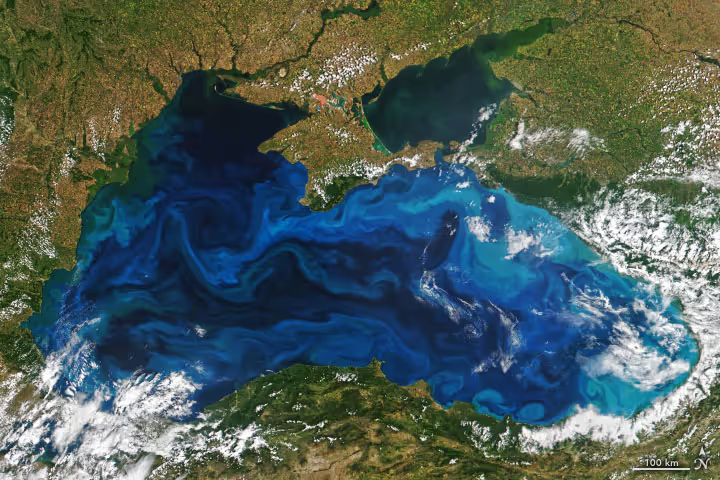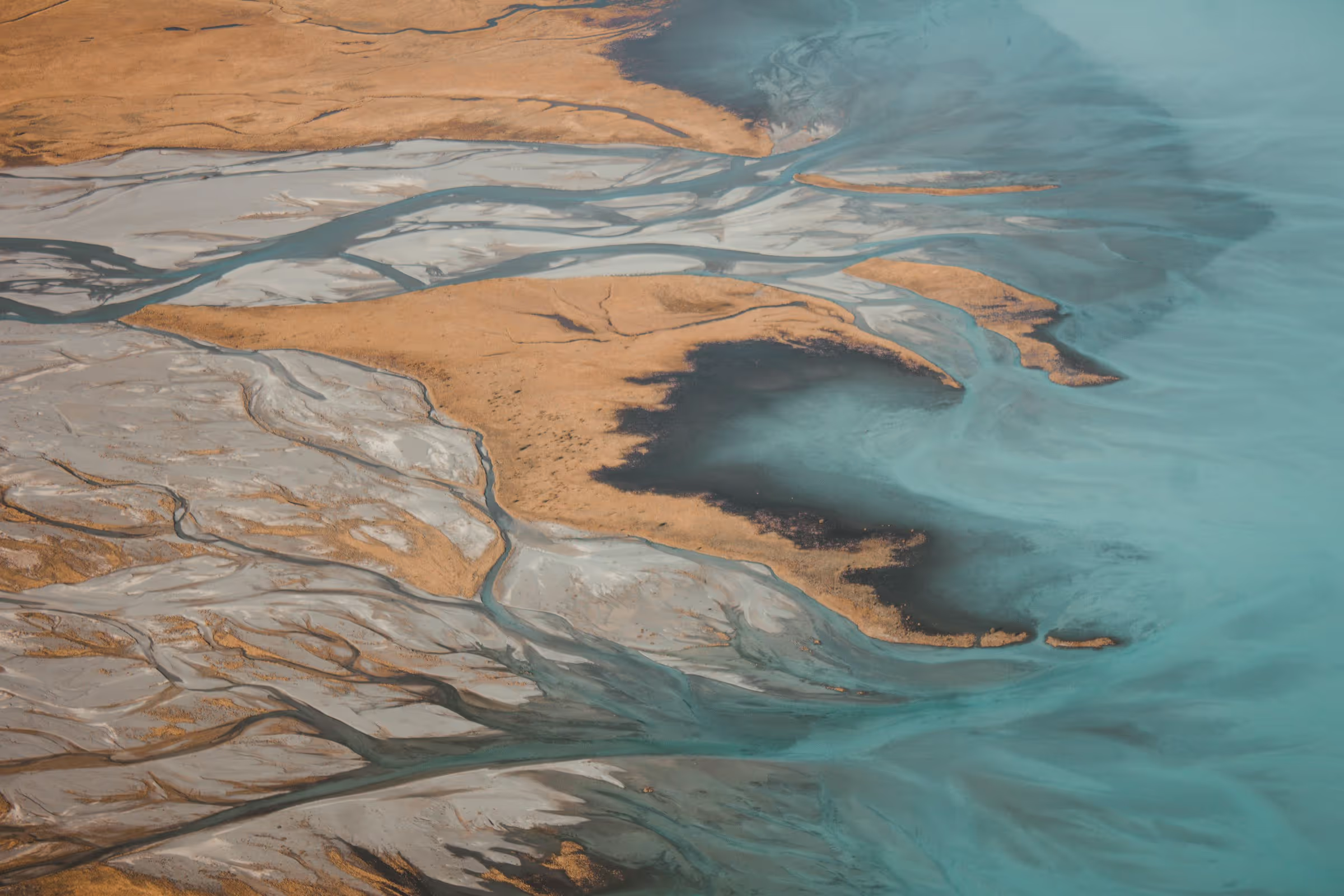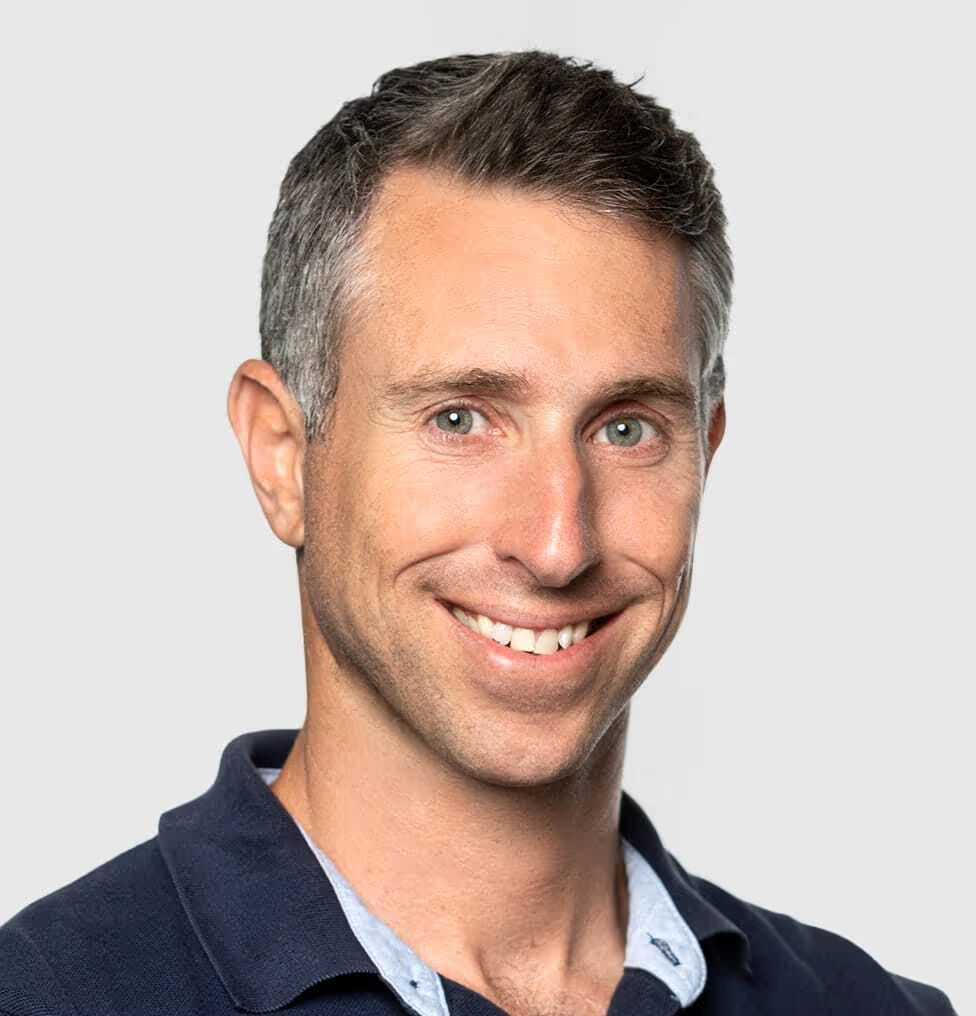
October 28, 2025
DMS Georgia: World’s first deep mine carbon storage
Today is an exciting milestone for us at Rewind: we are launching our DMS Project in the city of Tkibuli, Georgia - the world’s first commercial Deep Mine Storage (DMS) facility. A carbon removal project that is meets all key criteria: permanent, operationally scalable, reasonably priced, and grounded in the Earth’s own natural processes. We source residual sawmill biomass, and inject it into sealed underground disused mine chambers, where the isolation and anoxia will preserve the solid plant carbon for geological time scales.

June 10, 2025
Is Marine Anoxic Carbon Storage Safe?
Is placing biomass on the Black Sea floor safe, scientifically sound, and environmentally responsible? Here, we clarify the facts, address key concerns, and detail our meticulous approach to monitoring marine anoxic carbon storage (MACS)—a method backed by science, proven by nature, and poised for careful, scaled growth.

April 10, 2025
Introducing Sediment Carbon Storage (SCS)
Rewind’s newest initiative, SCS, uses natural anoxic marine sediments to safely store biomass and keep carbon out of the atmosphere for thousands of years. By integrating with existing dredging operations, SCS offers a scalable, low-impact carbon removal solution grounded in nature and science.









